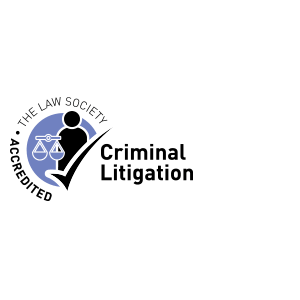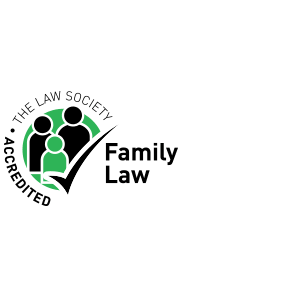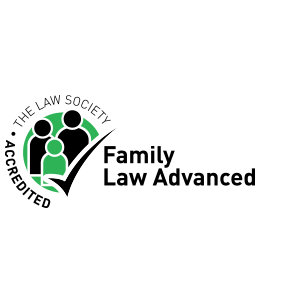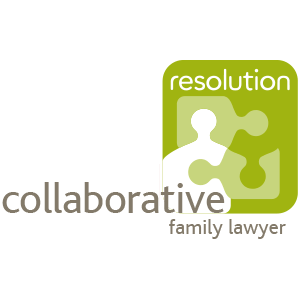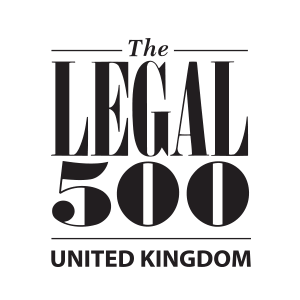- Hounslow 020 8814 7599
- Slough 01753 303 631
- Twickenham 020 8814 9989
Proof Of Identity
So that we can confirm your identity and comply with the Law, we will need to see one form of ‘evidence of identity’ and one form of ‘proof of address’. The documents you can provide to prove your identity are as follows:-
Evidence of identity:
• Current signed passport
• Current UK driving licence
• Inland Revenue PAYE Coding Notice
• Benefits book or Benefits Agency/DWP Notification letter
• Residence permit
• Construction Industry Scheme (CIS) Certificate
• Services Identity Card
• Current Firearms Certificate
• National ID card
• Details of any professional body you may belong to
Proof of address:
• Current UK driving licence (Only if not used for identity)
• Bank or building society statement or passbook with printed address
• Recent utility bill, i.e. gas, electric (not a mobile phone bill)
• Current local authority council tax bill
• Most recent original mortgage statement
• Benefits book or Benefits Agency/DWP Notification letter (if not already used as evidence of identity)
• Local council rent card or local council tenancy agreement
• Letter from care/hostel manager
Some of these items may be subject to certain conditions. Please do not worry if you do not have any of the items listed above. Although the law does require us to have satisfactory proof of your identity and address, we do have alternative procedures for clients who have reasonable grounds for not being able to produce any of the above.
Occasionally to comply with Bank of England sanctions and guidelines from the Financial Action Task Force on money laundering, there may be additional checks and documents required if you are a national or resident of certain countries.
Confidentiality
Solicitors are under a professional and legal obligation to keep the affairs of clients confidential. This obligation, however, is subject to a statutory exception; recent legislation on money laundering and terrorist financing has placed solicitors under a legal duty in certain circumstances to disclose information to the Serious Organised Crime Agency. Where a solicitor knows or suspects that a transaction on behalf of a client involves money laundering, the solicitor may be required to make a money laundering disclosure. If this happens, we may not be able to inform you that a disclosure has been made, or of the reasons for it because the law prohibits us from doing so “tipping off”.



